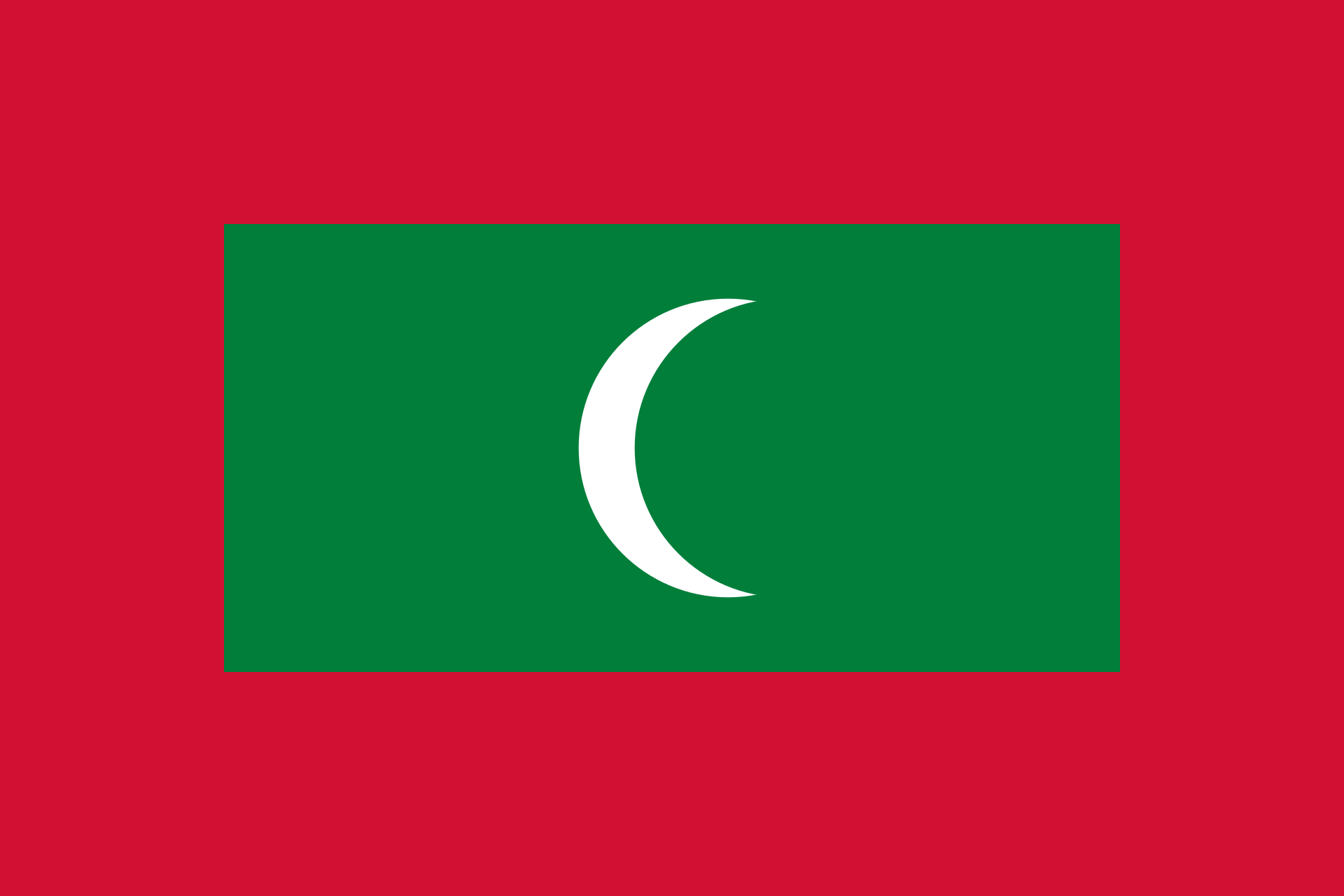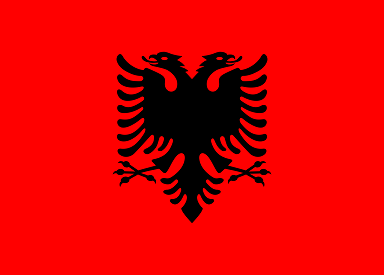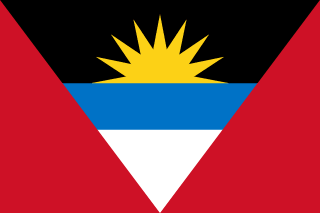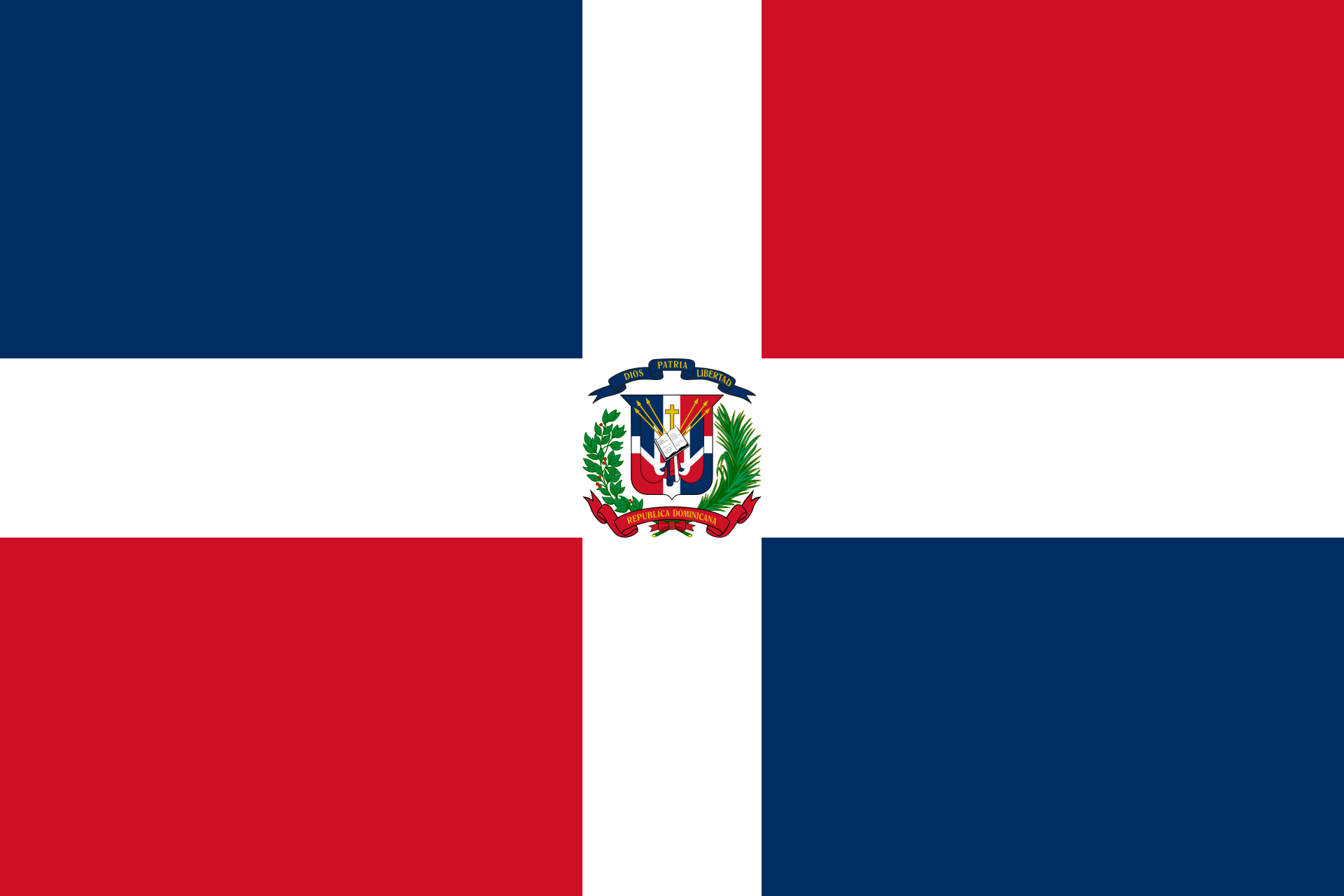Population
6,895,040
Last updated:
1 NovArea
110,993 km2
Last updated:
1 NovCurrency
Lev (BGN)
Last updated:
1 NovOfficial Language
Bulgarian
Last updated:
1 NovPhone code number
+359
Last updated:
1 NovInternet TLD
.bg
Last updated:
1 NovAverage monthly salary
1,650 $
Last updated:
1 NovTotal millionaires
11,350 persons
Last updated:
1 NovTotal billionaires
0 persons
Last updated:
1 NovMilitary power
Passport rank
17
Last updated:
1 NovVisa free
173 country
Last updated:
1 NovReligions in Bulgaria
61.1% Christianity
*59.5% Bulgarian Orthodoxy
*1.6% Other Christian
9.3% No religion
7.9% Islam
0.3% Others
21.5% No answer
Info about Bulgaria (History)
Bulgaria is a country in Southeastern Europe. It is located on the eastern side of the Balkan Peninsula, bordering Romania to the north, Serbia and North Macedonia to the west, Greece and Turkey to the south, and the Black Sea to the east. Bulgaria covers 110,994 square kilometers (42,855 square miles) of territory and is the 16th largest country in Europe. Sophia is the capital and largest city of the country. Other major cities are Plovdiv, Varna and Burgas.
One of the earliest societies in modern Bulgarian land was the Neolithic Karanovo culture dating back to 6,500 BC. In the 6th and 3rd centuries BC, the area was a battlefield for ancient Thracians, Persians, Celts, and Macedonians. Stability was brought about when the Roman Empire conquered the area in 45 C.E. After the division of the Roman state, tribal invasion of the area resumed. Around the 6th century, these territories were settled by the early Slavs. The semi-nomadic Bulgars invaded the Balkan Peninsula in the second half of the 7th century and established the First Bulgarian Empire in 681 AD. It dominated most of the Balkan Peninsula and had a great influence on Slavic culture by developing the Cyrillic script. The First Bulgarian Empire continued until the early 11th century, when it was conquered and dismantled by Byzantine Emperor Basil II. The success of the Bulgarian Rebellion in 1185 established the Second Bulgarian Empire, which culminated under Ivan Asen II (1216-1241). After a number of fierce wars and feudal struggles, the empire collapsed in 1396 and was placed under the control of the Ottoman Empire for nearly five centuries.
The 1877-78 Russian War formed the third present-day Bulgarian state. Many Bulgarians were left outside the borders of the new country, which stimulated the sentiment of irredentism and led to some conflicts with neighboring countries and an alliance with Germany in both World Wars. In 1946, Bulgaria belonged to the Soviet-led eastern nations and became a socialist country. After the 1989 revolution, the ruling Communist Party abandoned its monopoly on power and allowed multi-party elections. Bulgaria then moved to a democracy and market-based economy. Since the adoption of the Democratic Constitution in 1991, Bulgaria has been a single parliamentary republic of 28 states with a high degree of political, administrative and economic centralization.
Bulgaria is a developing country, a high- and middle-income country ranked 56th in the Human Development Index. Its market economy is part of the European Single Market, primarily service-based, followed by industry, especially machinery manufacturing and mining, and agriculture. Widespread corruption is a major socio-economic problem. Bulgaria was ranked as the most corrupt country in the European Union in 2018. Bulgaria is also facing a demographic crisis, and its population has been declining every year since around 1990. Bulgaria has grown from a peak of about 9 million in 1988 to about 7 million now. Bulgaria is a member of the European Union, NATO, and the Council of Europe. He is also a founding member of the OSCE and has served three seats on the United Nations Security Council.
Important information about Bulgaria
1- What is the population of Bulgaria?
answer: The total population of Bulgaria is 6,895,040 in 2021.
2- Who is the president of Bulgaria?
answer: Rumen Radev is the current president of Bulgaria.
3- What is the area of Bulgaria?
answer: The total area of Bulgaria is 110,993 km2 .
4- What is the official language of Bulgaria?
answer: The official language of Bulgaria is Bulgarian .
5- What is the currency of Bulgaria?
answer: The currency of Bulgaria is Lev (BGN) .
6- How much is the average salary in Bulgaria?
answer: The average salary in Bulgaria is 1650$ in 2021.
7- What is the passport rank of Bulgaria?
answer: The passport rank of Bulgaria is 17 in 2021.
8- How many countries we can travel with passport of Bulgaria without visa?
answer: You can travel to 173 countries with passport of Bulgaria .
9- What is the phone number code of Bulgaria?
answer: The phone number code of Bulgaria is +359 .
10- What is internet TLD of Bulgaria?
answer: The internet TLD of Bulgaria is .bg
11- How many billionaires are in Bulgaria?
answer: The total number of billionaires in Bulgaria is " 0 person" in 2021.
12- How many millionaires are in Bulgaria?
answer: The total number of millionaires in Bulgaria is " 11,350 person" in 2021.





